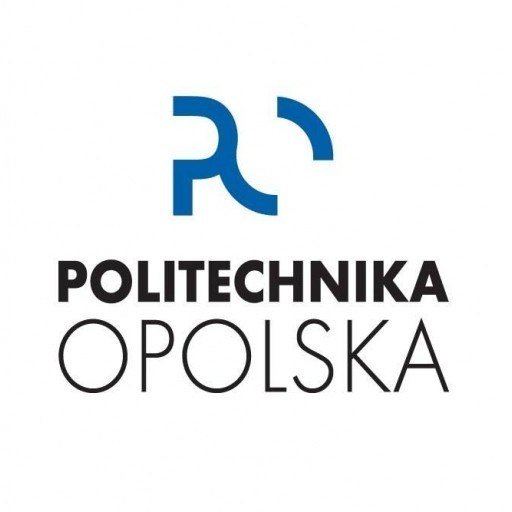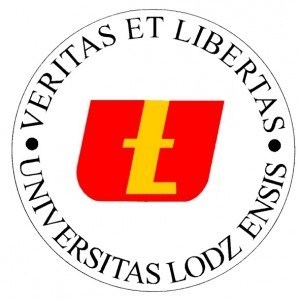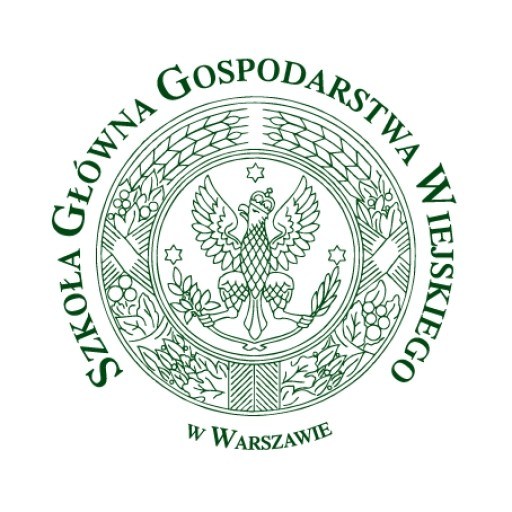Economics at Lipinski University in Kielce is a comprehensive undergraduate program designed to equip students with a deep understanding of economic theories, principles, and practices. The curriculum combines core economic concepts with practical applications, preparing graduates to analyze market phenomena, interpret economic data, and develop effective solutions to real-world financial and business challenges. Students will explore various disciplines including microeconomics, macroeconomics, financial markets, international economics, and economic policy, gaining a broad perspective on how economic systems operate at both national and global levels. The program emphasizes quantitative skills, such as statistical analysis and economic modeling, enabling students to conduct rigorous research and contribute to evidence-based decision-making. Through coursework, seminars, and practical projects, students will develop critical thinking, problem-solving skills, and a strong foundation for careers in banking, finance, consulting, government institutions, and international organizations. Lipinski University also fosters an environment of innovation and entrepreneurship, encouraging students to think creatively about economic development and sustainable growth. The faculty comprises experienced academics and industry experts committed to providing high-quality education and supporting students' professional growth. Internships and cooperation with local businesses and government agencies are integral parts of the program, offering valuable real-world experience. Graduates of the Economics program will be well-prepared for advanced studies or to undertake roles where analytical, methodological, and strategic skills are essential. Overall, this program aims to produce competent economists capable of contributing to economic development and making informed, ethical decisions in various professional settings.
The Economics programme at Lipinski University in Kielce offers a comprehensive curriculum designed to equip students with a solid foundation in economic theory, quantitative methods, and practical skills necessary for understanding and analyzing economic phenomena. The programme aims to develop students’ analytical thinking, problem-solving abilities, and understanding of global economic issues, preparing them for diverse careers in public administration, business, finance, and international organizations.
Throughout the course of study, students will explore core areas such as microeconomics, which examines individual market behavior, and macroeconomics, which analyzes overall economic performance, inflation, unemployment, and economic growth. The curriculum also emphasizes applied economic analysis through courses in econometrics, statistics, and data analysis, enabling students to interpret economic data accurately and make informed decisions.
In addition to theoretical knowledge, the programme offers practical training with opportunities for internships, seminars, and workshops that connect students with industry professionals and economic institutions. Specializations within the programme include financial economics, public sector economics, and international economics, allowing students to tailor their education to their career interests.
The programme also prepares students for further academic pursuits, including master's studies and research careers in economics. Emphasis is placed on critical thinking, teamwork, and communication skills, which are essential in today’s competitive job market. Graduates from the Economics programme at Lipinski University are well-equipped to analyze economic trends, develop policies, and contribute to the economic development of organizations and societies.
The faculty comprises experienced professors and researchers dedicated to providing a stimulating academic environment. Modern teaching methods, including digital resources, case studies, and research projects, ensure that students receive a high-quality education aligned with current economic challenges and innovations. Upon successful completion of the programme, graduates receive a Bachelor's degree in Economics, opening doors to diverse employment opportunities both nationally and internationally.
Admission to the Economics program at Lipinski University in Kielce requires applicants to possess a completed secondary education diploma recognized in Poland. The selection process primarily considers the candidate's secondary school final exam results, emphasizing performance in Mathematics and optionally in other social sciences or related subjects. Prospective students must submit a completed application form through the university's online admissions portal by the designated deadline, along with required supporting documents including secondary school certificates, identification documents, and proof of language proficiency if applicable. For international applicants, additional documentation such as validation of foreign diplomas and language certificates like TOEFL or IELTS may be required to verify their eligibility. The university conducts an admissions interview or entrance exam only if the number of qualified applicants exceeds the available spots; otherwise, admission is granted based on academic performance. Applicants are encouraged to demonstrate their interest in economics and related fields through extracurricular activities, relevant coursework, or prior experience, although these are not mandatory for admission. Once admitted, students are expected to meet ongoing academic requirements, including maintaining a minimum grade point average (GPA) and fulfilling course credit prerequisites as specified in the program curriculum. The program places an emphasis on fundamental economic theories, quantitative analysis, and policy applications, preparing graduates for careers in finance, consultancy, public administration, or further academic pursuits. The admissions process aims to select candidates with a strong analytical mindset, high motivation, and commitment to understanding economic principles and their real-world applications, ensuring a competitive and dedicated student body.
The financing of the Economics program at Lipinski University in Kielce is primarily based on a combination of public funding, student tuition fees, and potential additional sources such as grants and sponsorships. As a publicly funded institution, Lipinski University receives subsidies from the Polish government, which covers a significant portion of the operational costs associated with offering the program. These funds support faculty salaries, administrative expenses, infrastructure maintenance, and curricular development, ensuring the program maintains high-quality standards and remains competitive.
Student tuition constitutes a vital part of the program’s financial structure. Undergraduate students pay semester fees, which are set annually by the university’s financial department in accordance with national regulations and the university’s budget requirements. Tuition fees are calculated based on the number of credits taken each semester, and they may vary depending on whether the student is enrolled full-time or part-time. Furthermore, the university offers scholarships and financial aid packages to accommodate students from various backgrounds, including those with outstanding academic achievements, students with disabilities, and individuals from low-income families. These benefits help reduce the financial burden on students and promote inclusivity and equal access to higher education.
Additional funding sources include research grants, project funding from national and European Union programs, and partnerships with local or national businesses. Such collaborations can provide financial support for specific research projects within the Economics program, as well as opportunities for students through internships and practical training financed by external sponsors. The university also actively seeks donations and sponsorships from corporations and alumni to enhance infrastructure, develop new courses, and support student activities related to economics and business.
Lipinski University emphasizes transparency and efficiency in the management of its financial resources. The university’s financial policies aim to balance budget sustainability with providing accessible and high-quality education. Overall, the financing of the Economics program is a multifaceted system relying on state support, student contributions, external funding, and institutional investments, ensuring the continuous development and high standards of the educational offerings.
Economics at Lipinski University in Kielce offers a comprehensive curriculum designed to prepare students for careers in various sectors of the economy, including finance, business, public administration, and international organizations. The programme provides a solid foundation in microeconomics, macroeconomics, quantitative methods, and economic policy analysis. Students are introduced to modern economic theories and their practical applications, enabling them to understand complex economic phenomena and make informed decisions.
The curriculum often includes courses in econometrics, strategic decision-making, financial analysis, and economic development, equipping students with analytical skills necessary to interpret data and assess economic trends. Practical training is emphasized through internships, project work, and seminars led by experienced academics and industry professionals, fostering a strong link between theoretical knowledge and real-world practice. The university encourages a multidisciplinary approach, integrating aspects of law, management, and social sciences to give students a broadened perspective on economic issues.
Lipinski University supports student mobility and exchange programs, allowing participants to gain international experience and cultural insights, which are highly valued in the global economy. The programme also promotes the development of critical thinking, problem-solving, and communication skills, essential for effective teamwork and leadership in professional environments. Graduates of the Economics programme are well-prepared to pursue careers as economists, financial analysts, business consultants, or continue their education through master's and doctoral studies. The university’s campus provides modern facilities, including computer labs and access to economic databases and resources, ensuring students can engage in high-quality research and learning. Overall, the Economics programme at Lipinski University in Kielce aims to produce competent, ethical, and innovative economists ready to contribute to economic development at national and international levels.










